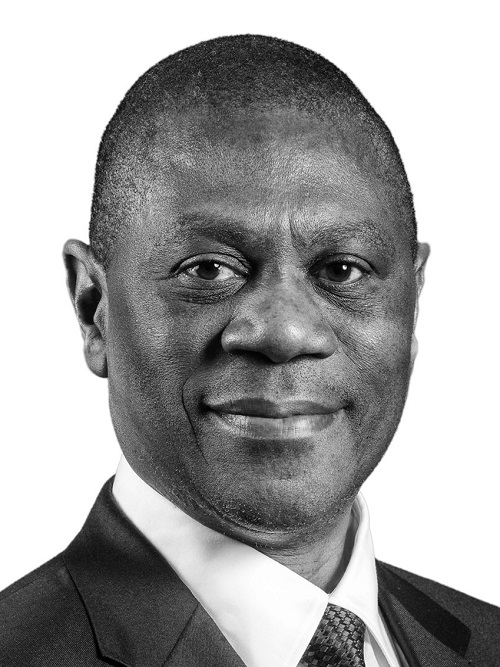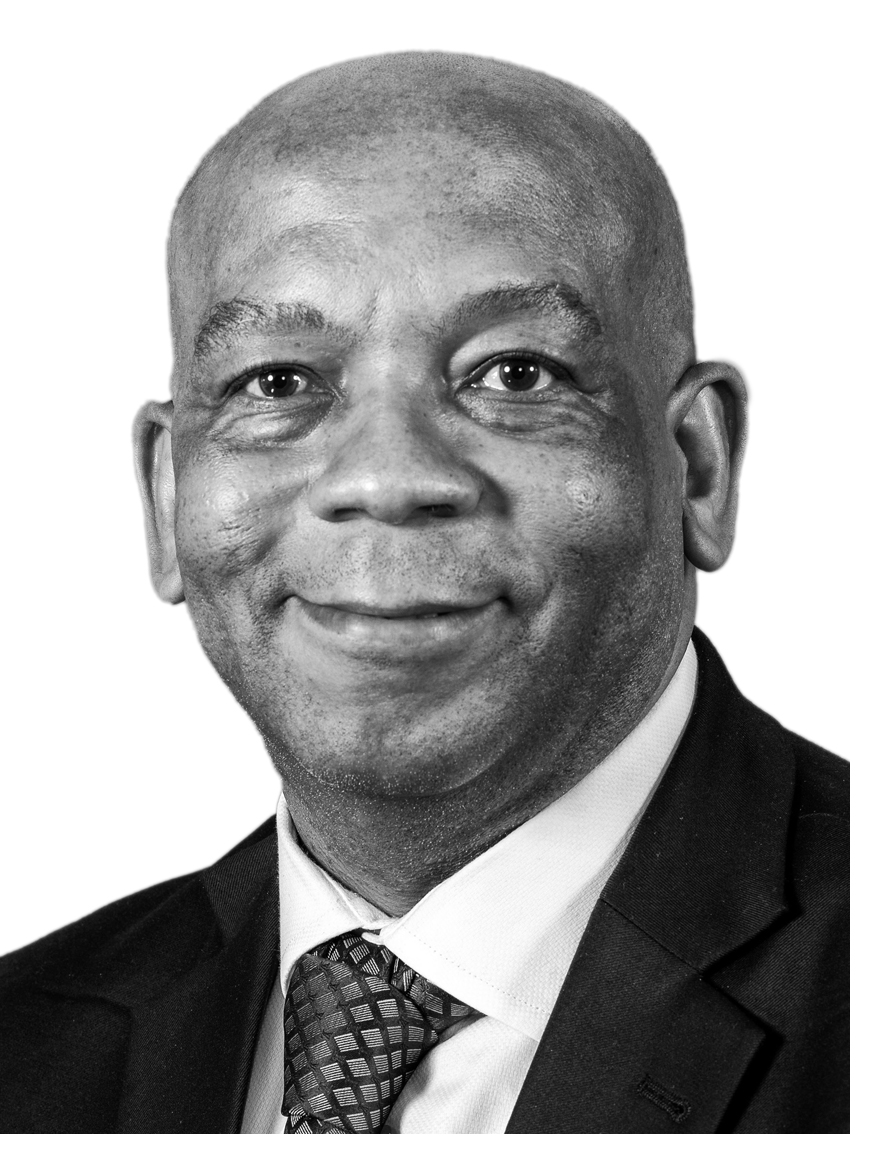Deputy President Paul Mashatile has arrived in the Republic of Singapore to begin the first leg of his first Working Visit to Southeast Asia. The Deputy President began his visit today with a tour of the Marina Barrage development, Singapore’s innovate water resource management project.
As a resource-poor and water-scarce country, Singapore has invested significantly in research and development of water management and sustainability. Most impressively, the country has made big strides in the area of seawater desalination.
The Deputy President’s visit to the country is aimed at building and strengthening bilateral relations, particularly increasing trade, economic, knowledge and cultural exchange between the two states.
Singapore is a global financial hub and is considered one of the premier asset management centres in Asia. The World Bank has ranked Singapore as the number one country in the world for ease of doing business since 2006, and the country is an important global aviation and maritime hub.
Singapore is also considered an important gateway for the export of goods and services to Southeast Asia and a hub for joint venture partnerships throughout Asia. It is an important centre for South African businesses looking for opportunities or expand operations on the continent.
As part of his programme, Deputy President Mashatile will visit the Lee Kuan Yew School of Public Policy and deliver a public lecture on the 30 years of diplomatic relations between South Africa and Singapore titled “Celebrating a journey of mutual respect, strategic partnership and cooperation.”
The Deputy President is accompanied in Singapore by Deputy Minister for International Relations and Cooperation, Ms Candith Mashego-Dlamini, Deputy Minister for Trade, Industry and Competition, Ms Nomalungelo Gina, Deputy Minister for Higher Education, Science and Innovation, Mr Buti Manamela, Deputy Minister for Communication and Digital Technologies, Ms Philly Mapulane, Deputy Minister for Forestry, Fisheries and the Environment, Ms Magdalene Sotyu, and senior government officials.
Media enquiries: Vukani Mde, Spokesperson to the Deputy President on 081 307 9233
Issued by: The Presidency
Pretoria









